12 Things Dog Owners Deeply Regret Not Doing Sooner
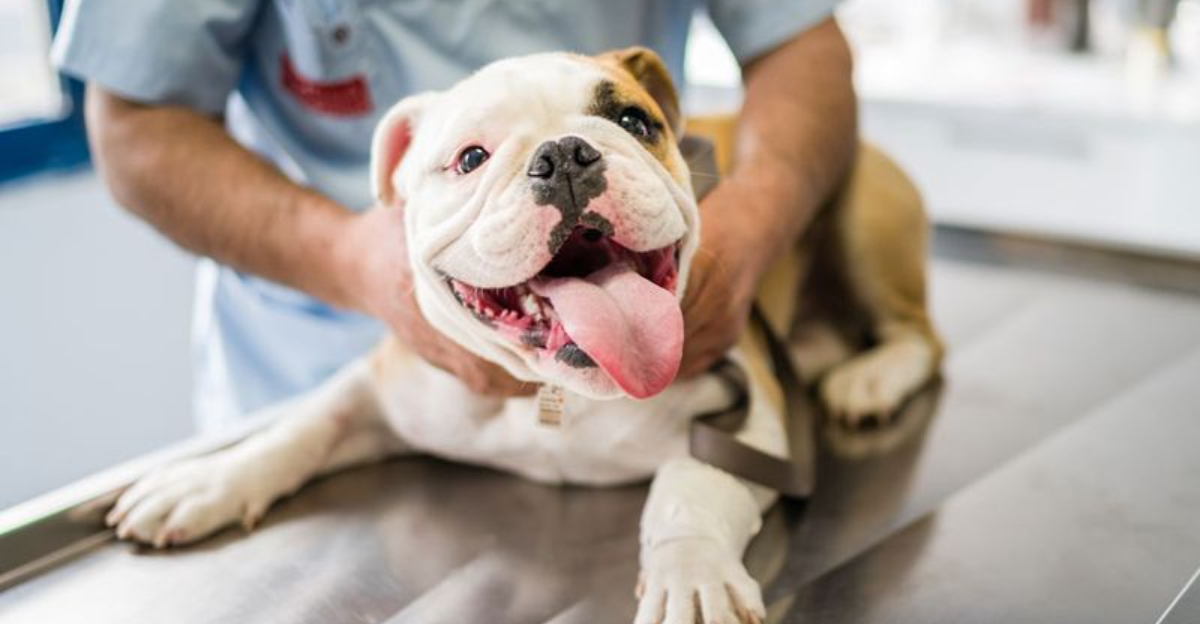
Getting a dog changes your life in amazing ways, but the learning curve can be steep. Many pet parents look back and wish they’d known certain things from day one.
From training techniques to health habits, these common regrets pop up time and again among dog owners.
Learning from others’ experiences might just save you some heartache (and money) on your journey with your furry best friend.
1. Training Early And Consistently
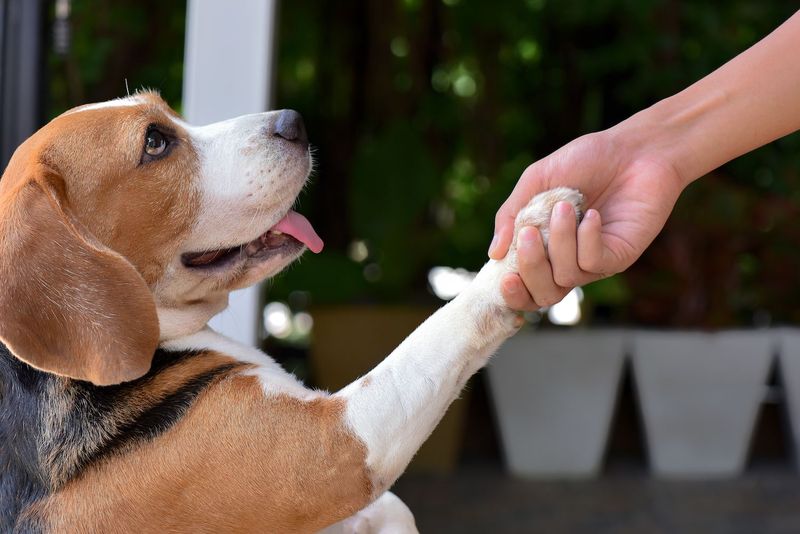
Many dog owners kick themselves for waiting too long to start training their pups. Those first few months are golden – puppies’ brains are like sponges, ready to soak up commands and boundaries.
Starting early prevents stubborn habits from forming. Even simple commands like sit, stay, and come can make daily life smoother and potentially save your dog’s life in dangerous situations.
Professional trainers often say that consistency matters more than fancy techniques. Just 10 minutes of practice daily yields better results than sporadic hour-long sessions on weekends.
2. Pet Insurance From Day One
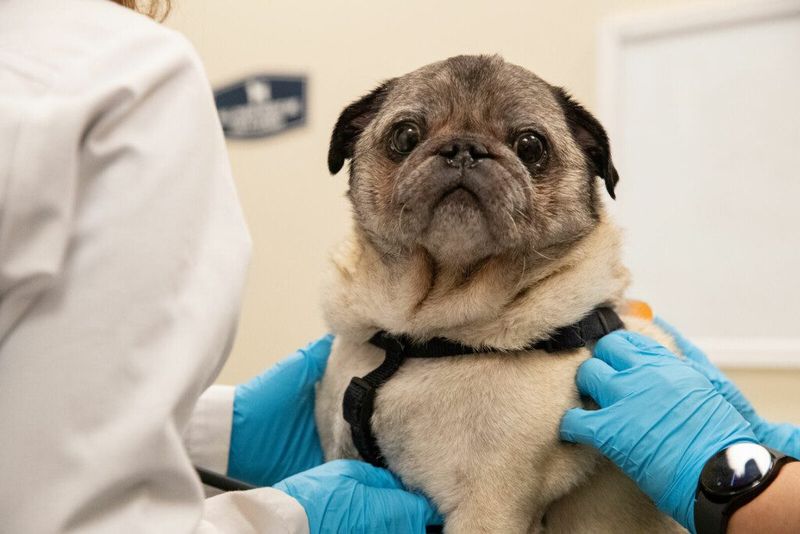
The emergency vet bill that breaks the bank – almost every dog owner has a story. Waiting until your pet develops a condition means it becomes a pre-existing condition that insurance won’t cover.
Monthly premiums seem expensive until you’re facing a $3,000 surgery bill or cancer treatments. Modern veterinary medicine can do amazing things, but those miracles come with hefty price tags.
Research shows the average emergency vet visit costs between $800-1,500. Having insurance means making medical decisions based on what’s best for your dog, not what you can afford at that moment.
3. Regular Dental Care
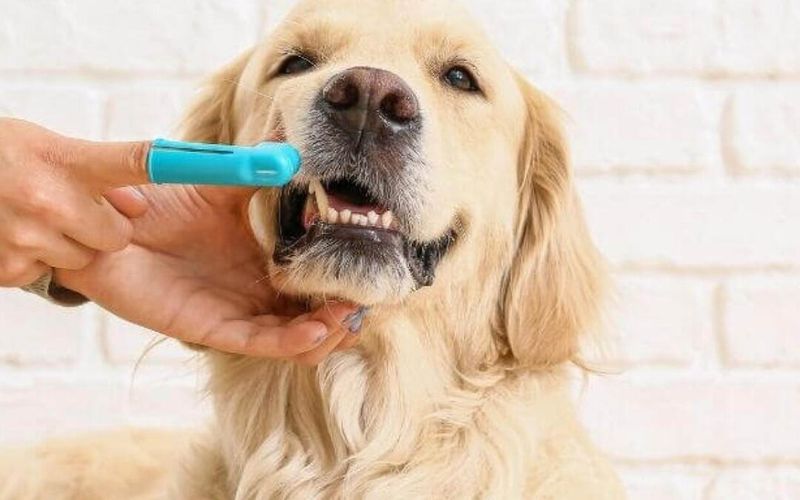
Those pearly whites need attention! By age three, most dogs show signs of dental disease – a problem that causes pain and can lead to serious health issues affecting the heart, liver, and kidneys.
Starting a tooth-brushing routine when your dog is young makes it part of their normal routine. Special toothpastes come in flavors dogs love, like chicken or peanut butter.
Dental chews, water additives, and professional cleanings all help, but nothing beats regular brushing. The small effort of a 30-second daily brush can add years to your pup’s life and save thousands in dental procedures.
4. Socialization Beyond The Dog Park
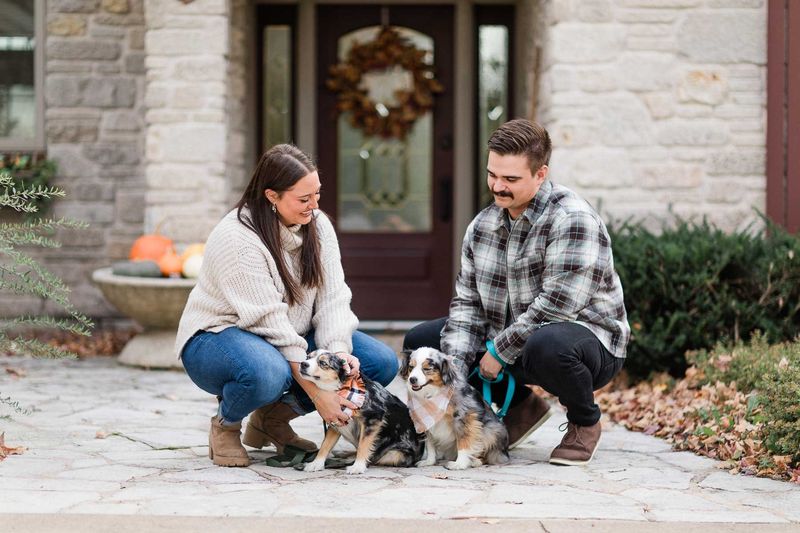
Dogs need to experience the world before they form opinions about it. Many owners regret not exposing their puppies to different people, animals, sounds, and environments during the critical window between 8-16 weeks.
A puppy who never sees men with beards might fear them forever. The same goes for children, bicycles, or even walking on different surfaces like metal grates or slippery floors.
Creating positive experiences during these encounters is key. Bring treats and keep interactions brief and happy. Your efforts now create a confident adult dog who can handle whatever life throws their way.
5. Investing In Quality Food

Bargain kibble might save money now but cost more later in vet bills. Many owners wish they’d understood the connection between nutrition and health sooner.
Reading ingredient labels matters – meat should be first, not corn or by-products. Quality food improves everything from coat shine to energy levels and can prevent digestive issues that plague many dogs.
The difference between budget and premium food often amounts to just cents per day. Those pennies buy better ingredients, stricter quality control, and food that actually nourishes rather than just fills the bowl.
6. Creating A Proper Routine
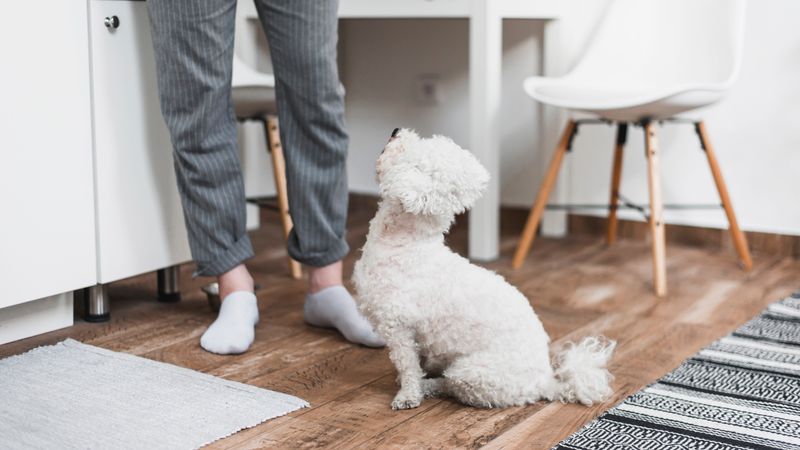
Dogs thrive on predictability, yet many owners realize too late how important routine really is. Knowing when meals, walks, and bedtime happen gives dogs security and reduces anxiety behaviors.
Inconsistent schedules lead to accidents in the house, destructive behaviors, and even separation anxiety. Your dog doesn’t understand why sometimes you’re gone for 4 hours and other times 12.
Even busy people can create reliable patterns. Morning walks, feeding at the same times, and bedtime rituals signal what comes next in your dog’s day. This structure becomes especially important as dogs age or face health challenges.
7. Microchipping And Updated ID Tags
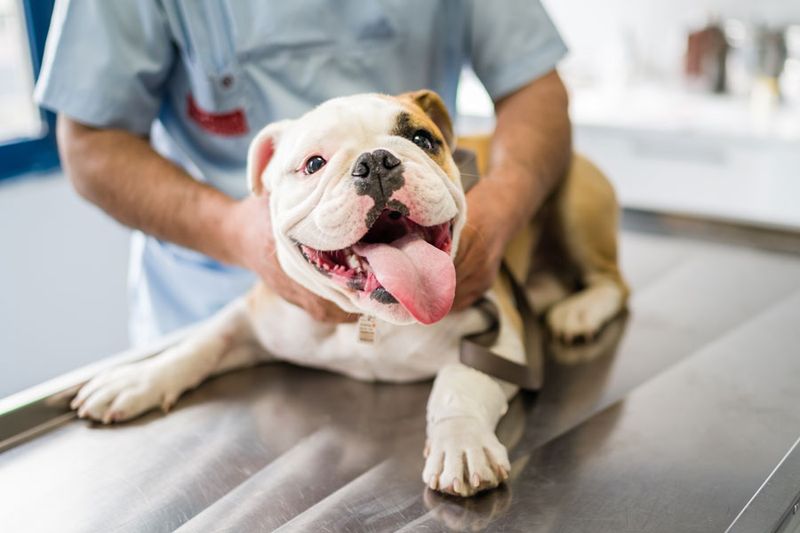
“I never thought MY dog would run away” – famous last words of heartbroken owners. One open gate or firework scare can separate you from your best friend forever.
Microchips dramatically increase reunion rates. Animal shelters scan every incoming pet, but chips only work if your contact information stays current when you move or change phone numbers.
ID tags should include your cell number and possibly a backup contact. Consider adding “Needs Medication” even if untrue – this creates urgency for anyone who finds your pet. The $30 investment in identification could be the difference between heartbreak and a happy reunion.
8. Taking More Photos And Videos

Time flies, especially in dog years. Countless owners wish they’d captured more moments during their pet’s younger days.
Puppyhood vanishes in a blink. Those gangly teenage months, the first time they learned a trick, or just ordinary days lounging together – these become precious memories later.
Set reminders to take monthly photos in the same spot to create growth comparisons. Record your dog’s quirky habits and funny moments. These memories become priceless after they’re gone, offering comfort and joy for years beyond your pet’s lifespan.
9. Preventative Health Care
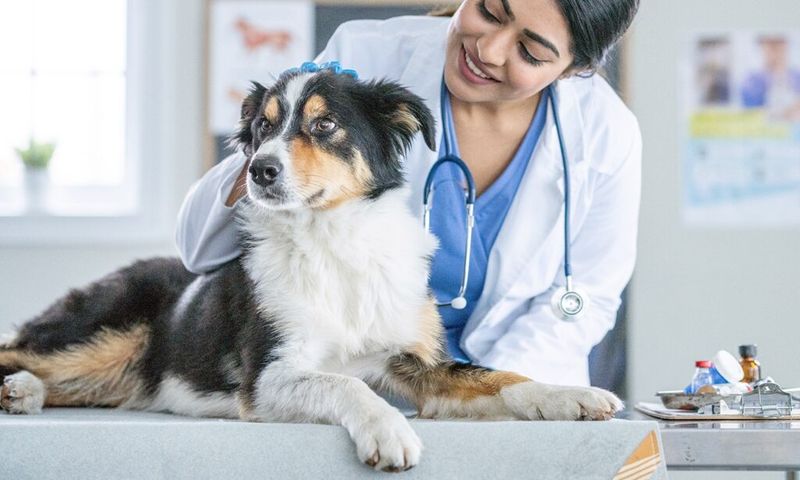
Waiting until something’s wrong costs more and causes unnecessary suffering. Regular check-ups catch problems early when they’re easier and cheaper to treat.
Preventative care includes staying current on vaccinations, flea and tick protection, and heartworm prevention. Skipping these basics can lead to devastating diseases that could have been easily prevented.
Annual bloodwork provides a baseline for your dog’s normal values. This makes it easier to spot changes later and can detect internal problems before symptoms appear. The small cost of prevention always beats the large cost of treatment.
10. Teaching Car Travel Manners
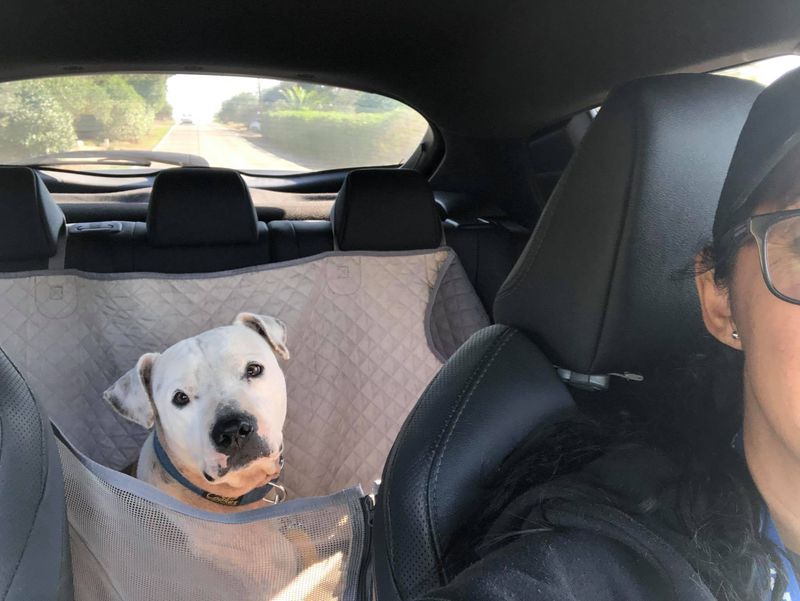
Slobber on windows, anxiety barking, and carsickness – these travel troubles make many owners avoid taking their dogs places. Starting slow when they’re young prevents these issues.
Short, positive trips that don’t always end at the vet help dogs associate cars with good things. Proper restraints like crash-tested harnesses or crates protect everyone in case of accidents.
Travel-trained dogs enjoy more adventures with their humans. Beach trips, hiking trails, and visits to dog-friendly restaurants all become possible when your pup behaves in the car. The freedom to include your dog in more activities enriches both your lives.
11. Crate Training Properly
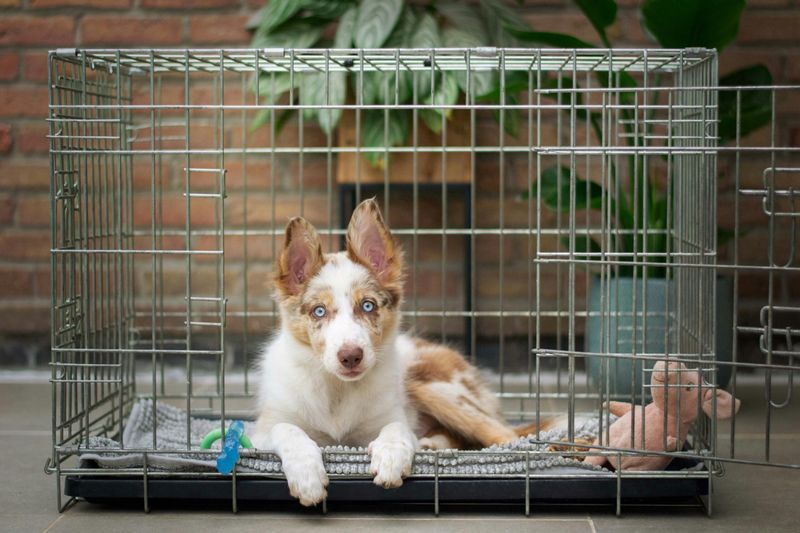
Many owners view crates as doggy jail rather than cozy dens. This misunderstanding leads to guilt-avoiding crate training, which backfires during emergencies, travel, or when dogs need safe confinement.
Dogs naturally seek small, enclosed spaces for security. A properly introduced crate becomes their safe haven during storms, when visitors come, or when they simply need undisturbed rest.
The key is positive association – never use the crate as punishment. Feed meals inside, offer special treats only in the crate, and keep sessions short at first. Your properly crate-trained dog gains confidence knowing they always have a secure space of their own.
12. Finding A Trusted Pet Sitter

Last-minute scrambles for pet care create stress for everyone. Building relationships with reliable sitters before you need them prevents emergency kenneling or imposing on unprepared friends.
Professional pet sitters or trusted neighbors who know your dog’s routine maintain consistency when you’re away. They notice health changes that boarding facilities might miss in a crowd of dogs.
Arrange trial runs for short absences before longer trips. Share detailed instructions about medications, quirky habits, and emergency contacts. The peace of mind knowing your dog is comfortable in familiar surroundings with someone who cares about them is worth every penny.






